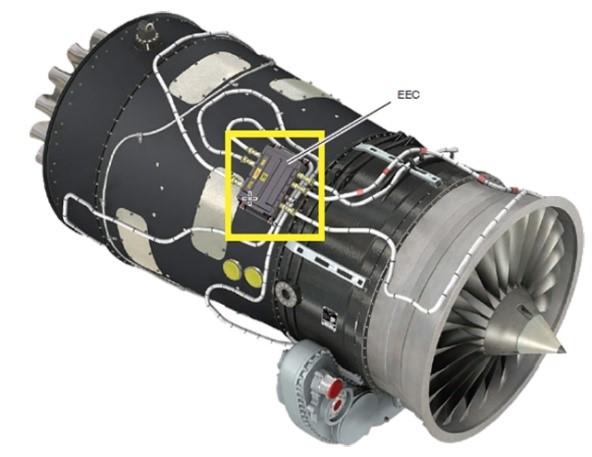INCAE – Innovative Communication Electronics for Aircraft Engines
Project Description
The next generation turbofan engines, which will equip the future generation aircraft, will need to be highly efficient for many more flight regimes than today (e.g. continuous descent approach). In addition, the continuous requirement for smaller and smaller ecological footprint will imply further reductions in fuel consumption leading therefore in reduction of engine emissions (CO2, NOx, …).
This will only be achieved by radical changes in the engine architecture such as variable pitch fan, gearbox, variable cycle engines. The engines will therefore have to become more and more intelligent, with an increased number of sensors and actuators and shift to the new paradigm of distributed engine control systems (today’s engine control systems are highly centralized).
Those intelligent engines will have to be interconnected to the main avionics systems of the aircraft by dedicated communication platforms, with a high degree of autonomy. Such platforms already exist in the automotive domain like the ADAS (Advanced Driver Assisted Systems) but with limited safety requirements. The increase of their safety level could lead to have those systems introduced in the aeronautical world.
All those technologies will require a dramatic increase of the computing power of the Engine Electronics Controls (EEC) and their interconnection to the avionics. They will become a key enabler for future competitive large, medium and small engines (« once in a generation change to engine architecture » Rolls Royce, 2016).

The goals of the INCAE project are the following:
- Designing an overall distributed engine computation architecture to manage the significant increase in computational load that is added through the increased availability of sensors and actuators in the engine.
- Developing novel communication electronics working at engine temperature within a distributed control architecture, including thermal management while keeping SWaP (size, weight and power) at a minimum.
- Designing and developing a distributed communication and control computing platform that addresses the requirements of the distributed engine computation architecture and its intercommunication to the main avionics systems.
This project has received funding from the Austrian Ministry for Transport, Innovation and Technology under the Austrian Aeronautics Research and Technology Programme, TAKE OFF, grant agreement no.861022.
TTTech Computertechnik AG will develop high temperature, high speed electronics components in the domain of embedded digital communication platforms dedicated to the Electronic Engine Controls (EEC) and the Full Authority Digital Engine Controls (FADEC). It will also contribute to design the related control electronics to be connected to such FADEC for communication and command processing of the aircraft main avionics system.
Andreas Eckel


